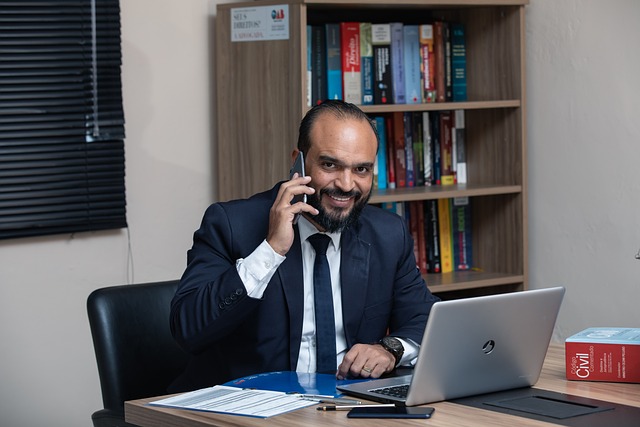Safeguarding fundamental rights like silence, legal counsel, and presumption of innocence is vital for fair trial advocacy in criminal defense. Defense attorneys navigate complexities, challenge violations, and manage evidence to protect client interests. Comprehensive preparation, communication, procedural fairness, and constitutional protections ensure due process, upholding the integrity of the criminal justice system through robust fair trial advocacy.
In the intricate landscape of criminal defense, safeguarding rights is paramount. This article explores the critical role of understanding and protecting fundamental rights during legal battles. We delve into the significance of fair trial advocacy, examining strategies to safeguard defendant’s interests. From navigating complex procedures to overcoming challenges, this guide offers insights into ensuring a just outcome for all involved. Discover how proactive measures and knowledgeable advocates can revolutionize protection in criminal defense.
- Understanding Fundamental Rights in Criminal Defense
- The Role of Fair Trial Advocacy in Protection
- Strategies for Safeguarding Defendant's Interests
- Overcoming Challenges: Ensuring a Just Outcome
Understanding Fundamental Rights in Criminal Defense

In the realm of criminal defense, understanding and safeguarding fundamental rights is paramount for ensuring a just and fair trial advocacy. These rights serve as the cornerstone of any legal battle, providing accused individuals with protection against unfair treatment and illegal practices. Key among these are the right to remain silent, the right to an attorney, and the presumption of innocence.
Knowing and invoking these rights enable defendants to navigate the complex legal landscape effectively. It empowers them to make informed decisions during questioning, ensuring their statements aren’t misconstrued or used against them. Furthermore, it facilitates a balanced legal process where evidence is meticulously scrutinized, and every individual is treated with dignity and equality before the law. This, in essence, is the bedrock of fair trial advocacy.
The Role of Fair Trial Advocacy in Protection

Fair trial advocacy plays a pivotal role in safeguarding individual rights during criminal defense battles. It ensures that every defendant is afforded a just and impartial proceeding, upholding the fundamental principle of equal protection under the law. Through vigorous advocacy, legal professionals can navigate complex procedural hurdles, protect against constitutional violations, and ensure that evidence is handled fairly.
This involves meticulous examination of evidence, challenging inadmissible testimony, and preserving rights at every stage of the process. By championing for a fair trial, defense attorneys empower their clients to mount robust defenses, ensuring that justice is not only sought but also achieved within the confines of the legal system.
Strategies for Safeguarding Defendant's Interests

In the pursuit of a just and fair trial, safeguarding defendant’s interests is paramount. One key strategy involves thorough preparation and documentation. This includes meticulously reviewing evidence, questioning potential witnesses, and ensuring all legal defenses are explored. Effective communication between the defendant and their counsel is crucial; clear discussions about the case, expected outcomes, and available options empower informed decisions.
Moreover, fair trial advocacy demands a relentless pursuit of procedural fairness. This entails adhering to legal protocols, challenging inadmissible evidence, and preserving the defendant’s right to remain silent. Skilled defense attorneys leverage legal loopholes and constitutional protections to safeguard their clients’ interests, ensuring every step of the process adheres to due process principles.
Overcoming Challenges: Ensuring a Just Outcome

Overcoming challenges in criminal defense is paramount to ensuring a just outcome for all involved. Legal battles can be complex and fraught with obstacles, from navigating intricate laws to presenting compelling arguments under intense scrutiny. Effective fair trial advocacy demands a multifaceted approach. Defense attorneys must adeptly handle evidentiary issues, challenge problematic testimony, and counter strategic maneuvers from prosecution teams.
Through robust investigation, they uncover facts that weaken the case against their clients. Skilled advocates also champion for procedural rights, ensuring due process is followed and constitutional protections are upheld. By persistently pursuing truth and justice, defense lawyers play a crucial role in preserving fairness, even amidst adversity, ultimately safeguarding the rights of the accused and promoting a robust and equitable criminal justice system.






